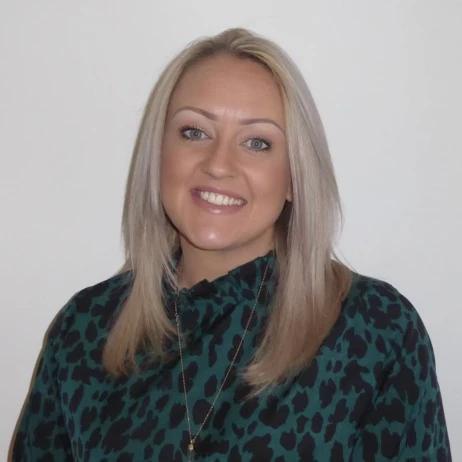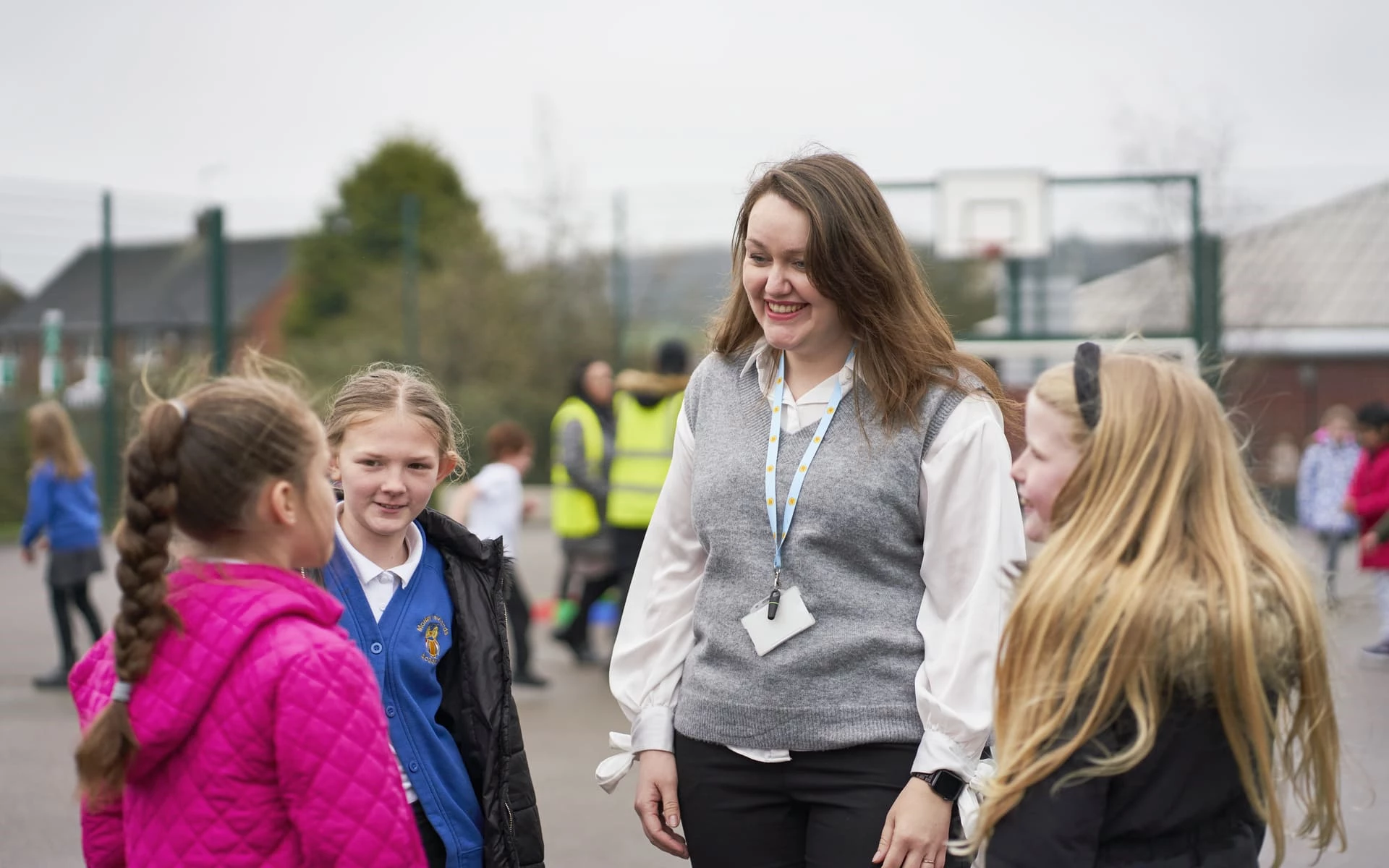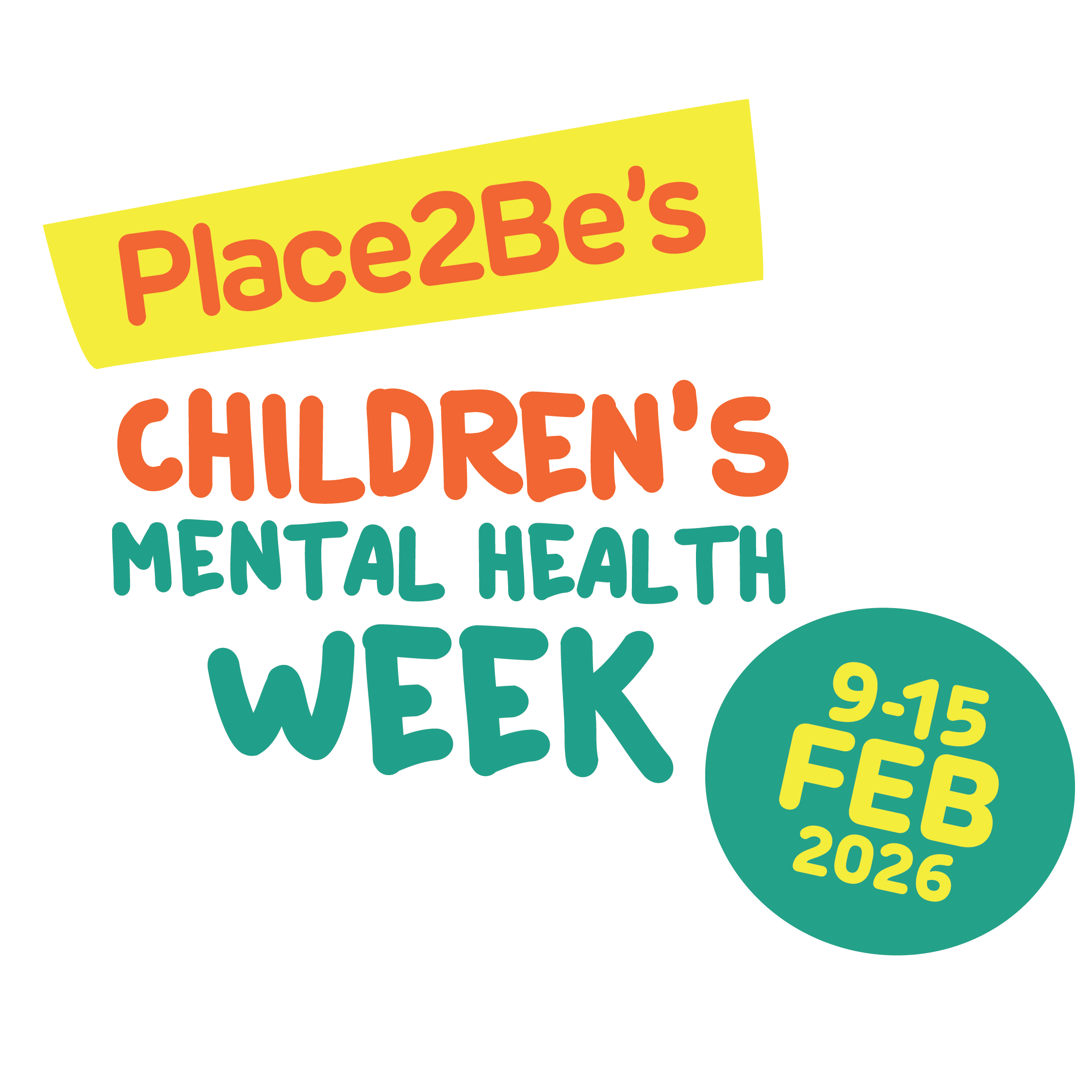Listening Louder, Beyond the Silence

Policy and Projects Manager at National Governance Association (NGA) - Fiona oversees NGA’s parliamentary engagement, representing the views of governors and trustees at national level and supporting them in their strategic leadership of education settings. Prior to joining NGA, Fiona worked in the education sector for 16 years, primarily in alternative provision schools and pupil referral units, and most recently as the Director of Safeguarding for pupil referral units in Sandwell.
Fiona Fearon, Policy and Projects Manager at National Governance Association (NGA), speaks about the importance of adults listening earnestly to children.

I remember reading this quote a number of years ago, and it hit me like a sucker punch – right in the gut. Such a simple concept, but with huge ramifications. It got me thinking about the various spaces and contexts in which I was privileged enough to play a significant role in the lives of children, be it at home, with wider family and friends, or indeed at work. Was I really listening? Was I really hearing their voices? Or was I applying my adult filter to the reality and experiences they were expressing? What might that mean? Were their words becoming less and their voices becoming quieter as a result?
A new YouGov survey released by Place2Be to kick off its Children’s Mental Health Week 2024 found that 55% of young people said something would stop them asking for help when they are struggling with their feelings. Reasons included: feeling uncomfortable speaking to someone they do not know (29%), wanting their struggles to remain a secret (19%), being scared about their friends’ reactions (20%) and being concerned about their families’ response (16%).
Reading these results brought me right back to that quote – how many of those children that didn’t feel there was anyone in school they could talk to, didn’t do so because they didn’t feel “earnestly listened to”?
That’s why the theme Place2Be chose for this year’s Children’s Mental Health week, My Voice Matters, is so crucial. But as part of that theme there is a call to action for those of us who work with children, across sectors, to listen, in whatever capacity that may be.
The role schools and their governing boards play as pillars of their community can’t be understated, those that work within the school community hold a unique position by virtue of the time they spend with the children they teach and through the relationships cultivated with their families, and indeed the wider community.
Culture is key
Taking a whole school approach and championing a culture of openness and dialogue around mental health and wellbeing is foundational to creating an environment in which children are empowered to speak. That culture should be woven throughout school life – the curriculum, assemblies, student councils, participation in awareness days, such as Children’s Mental Health Week and of course governing board decisions. By normalising conversations about mental health across the wider school, we can mitigate the stigma that so often prevents children from speaking about their individual experiences.
Know your context
National data is great for understanding the wider systemic challenges and it plays a pivotal role in informing policies, interventions and support systems at scale. Regional data is also helpful when identifying trends and patterns unique to specific communities and working collaboratively with other schools and trusts, sharing good practice and expertise.
But I would argue that the most important data schools and their governing boards have at their disposal is their own local data. They should look to understand who within their school community, is at increased risk of experiencing poor mental health. This should include understanding the demographics of your school community such as ethnicity, socio-economic status, SEN status and the challenges children face that are age/school phase specific. For MAT trustees and their central team, that is likely to be multiple communities, all with their own characteristics and direct needs.
Pupil voice
Pupil voice is an expression of children and young people’s rights and contributes to the success and wellbeing of pupils. It promotes feelings of empowerment and agency and is a vital way to understand and meet the needs of pupils. But children will express their views in different ways, some may feel comfortable taking a leadership role within a student council for example, others may feel more at ease expressing their views through creative channels, or perhaps to peer mentors. Others may prefer quietly sharing their thoughts through a simple questionnaire.
However, having a variety of methods for pupils to express themselves is futile if they don’t feel that anyone is listening. They must not only feel that they are being heard, but tangibly be able to see subsequent action being taken.
The value of the governing board
Governors and trustees make up a 250,000 strong army of volunteers in England – the largest volunteer workforce in the country! They are driven largely by a passion to share their skills, expertise and knowledge of their community for the advancement of pupil achievement and wellbeing. They are responsible for strategic oversight and a pivotal part of that role is to listen to the voices of pupils.
Governing boards can have an impact in this space by talking to pupils on monitoring visits, inviting pupils to present at governing board meetings, attending pupil councils or action groups and receiving pupil reports. But perhaps more fundamentally, by driving a culture from the board room where pupil voice is factored into not just monitoring what is already in progress, but in making intentional decisions for the future. Pupil voice can be incredibly powerful in helping boards maintain an enduring focus on driving an ambitious vision for all, and one that is genuinely speaking to the needs of pupils.
Beyond the school gates
While we recognise all the great work schools are doing and continue to develop, the increasingly complex challenges communities and the families within them are facing are all too often way beyond the remit of what the education system is built and funded for. This, of course, includes chronically underfunded support for students facing challenges with their mental health and wellbeing and those with special educational needs and disabilities (SEND).
In the face of significant cuts to local authorities and external services, schools find themselves assuming the responsibility for delivering supplementary family services, stretching their resources and capacity to breaking point and compromising their core educational mission.
In the NGA’s manifesto for schools and trusts, From Classrooms to Communities, we are calling on the next government to make the provision of mental health support for children and young people throughout all schools and access to services a priority. Read more here: NGA manifesto 2024 | National Governance Association.
A call to action
As we navigate the evolving landscape of education, the focus on listening to the voices of children and young people is not just a necessity, but a moral imperative. By fostering a culture where pupils’ voices are not only heard but actively sought out and valued, we will pave the way for a generation that is equipped to prioritise and safeguard their mental health. So, as we embark on Children’s Mental Health Week, take the opportunity to reflect on your role and that of the wider school workforce, in listening to your pupils…earnestly.



